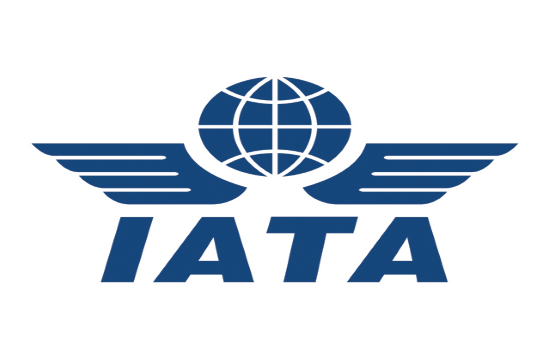
Resolution: Airlines Commit to Improve Travel for Passengers with Disabilities
June 3, 2019
Resolution: Airlines Call for Implementation of Global Carbon Offsetting Scheme
June 3, 2019Seoul – The International Air Transport Association (IATA) 75th Annual General Meeting (AGM) approved a resolution on slot policy, to reaffirm the importance of a harmonized global airport slot system and called upon governments to urgently address capacity shortages.
More than 200 airports worldwide are Level-3 slot coordinated, meaning that they have insufficient capacity to meet current demand. This number is set to rise substantially over the coming decades because airport construction is failing to keep pace with increased demand for aircraft movements. Globally applied rules for the use of available capacity at constrained airports will therefore become increasingly important.
The AGM reaffirmed that the Worldwide Slot Guidelines (WSG) is the global standard for the policies, principles, and procedures of airport slot allocation and management. The resolution also endorsed a Statement of Objectives for the WSG, which include:
- Facilitating consumer choice and improved global connectivity,
- Providing convenient schedules that meet consumer demand,
- Allocating slots in a transparent non-discriminatory way by an independent slot coordinator, and
- Realizing the full capacity potential of airport infrastructure, through regular capacity reviews.
Download high-resolution video
“The Worldwide Slot Guidelines have successfully allocated increasingly scarce airport capacity in ways which have enormously helped consumers. Passengers, businesses and airlines are benefitting from consistent and reliable schedules. Choice, moreover, is increasing year-on-year. In Europe, which is home to more than half of all the slot constrained airports, low cost carrier (LCC) market penetration has risen to 40% over the last decade,” said Alexandre de Juniac, IATA’s Director General and CEO.
The resolution also affirmed that the WSG is not a substitute for the provision of more airport capacity. “Globally harmonized slot rules make the best use of the infrastructure we have. But they cannot create capacity when the physical infrastructure — runways and terminals — is insufficient. Governments need to act today to avoid a crisis of vital connectivity as demand grows,” said de Juniac.


